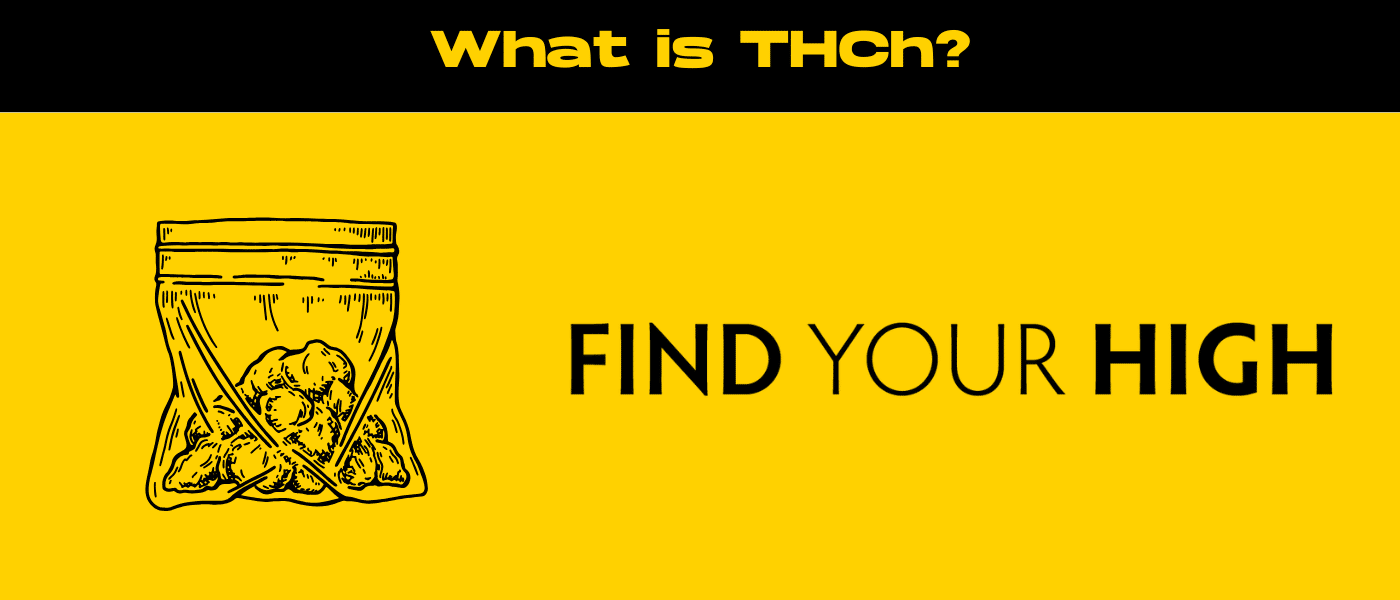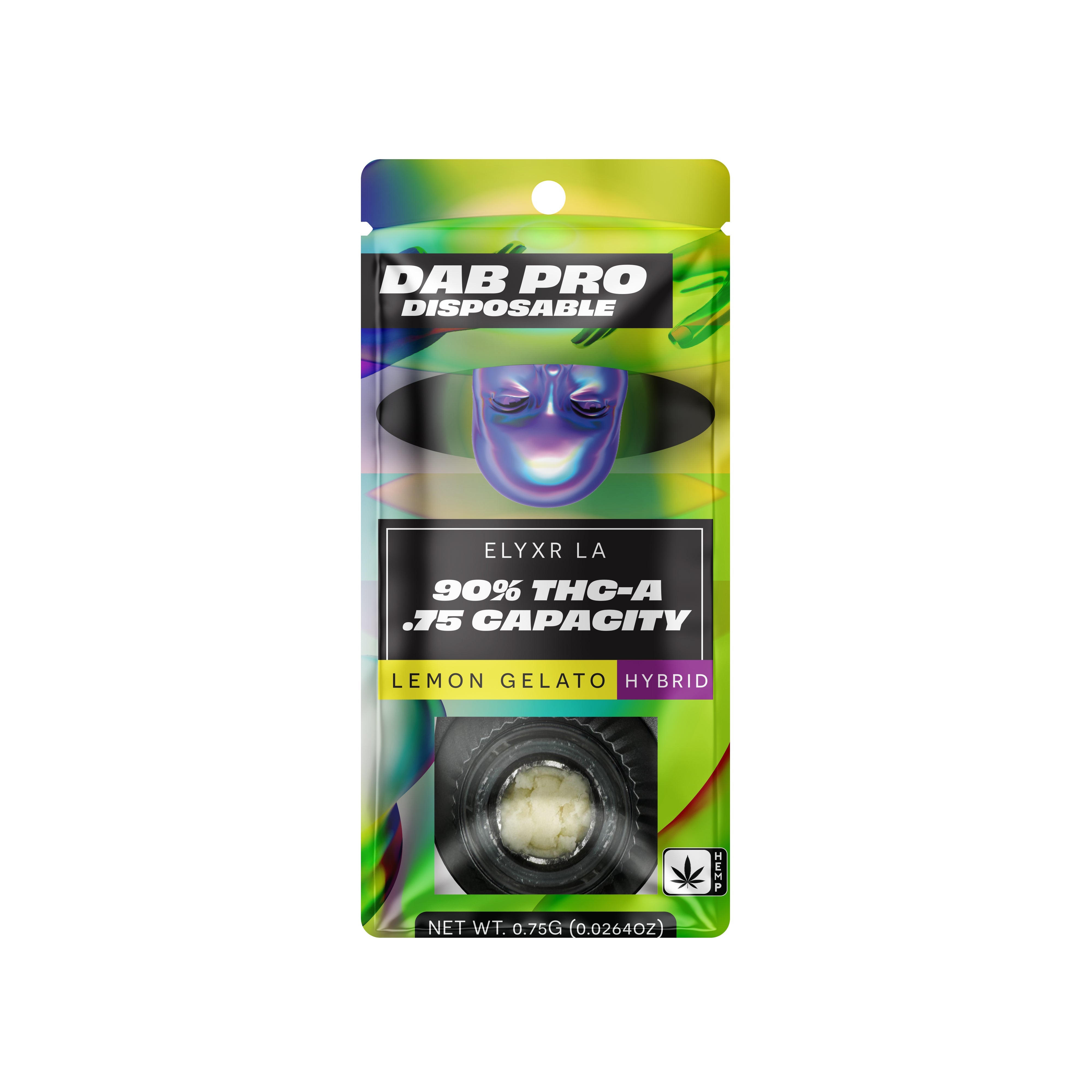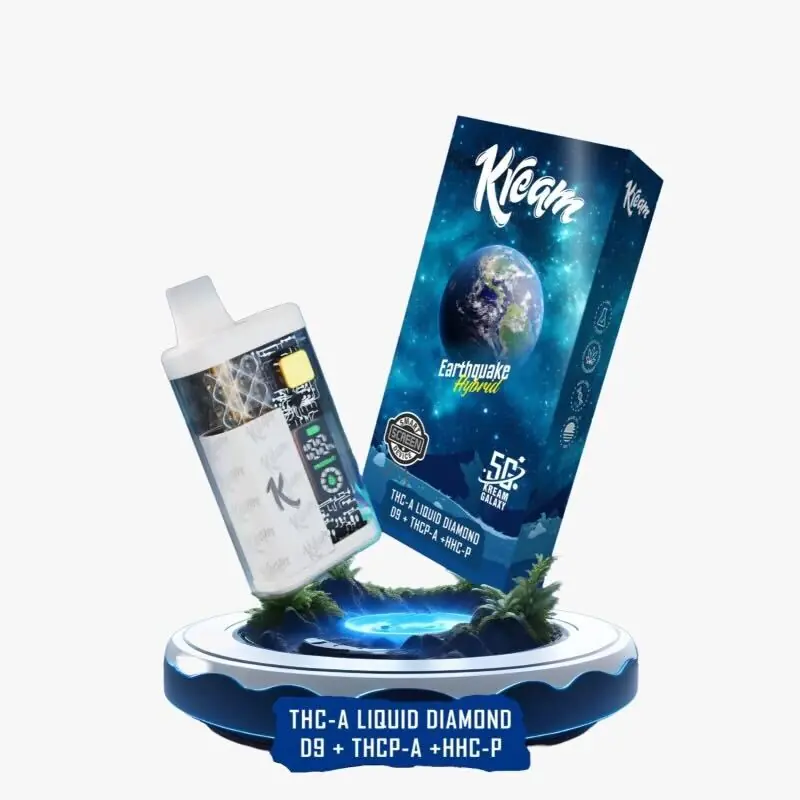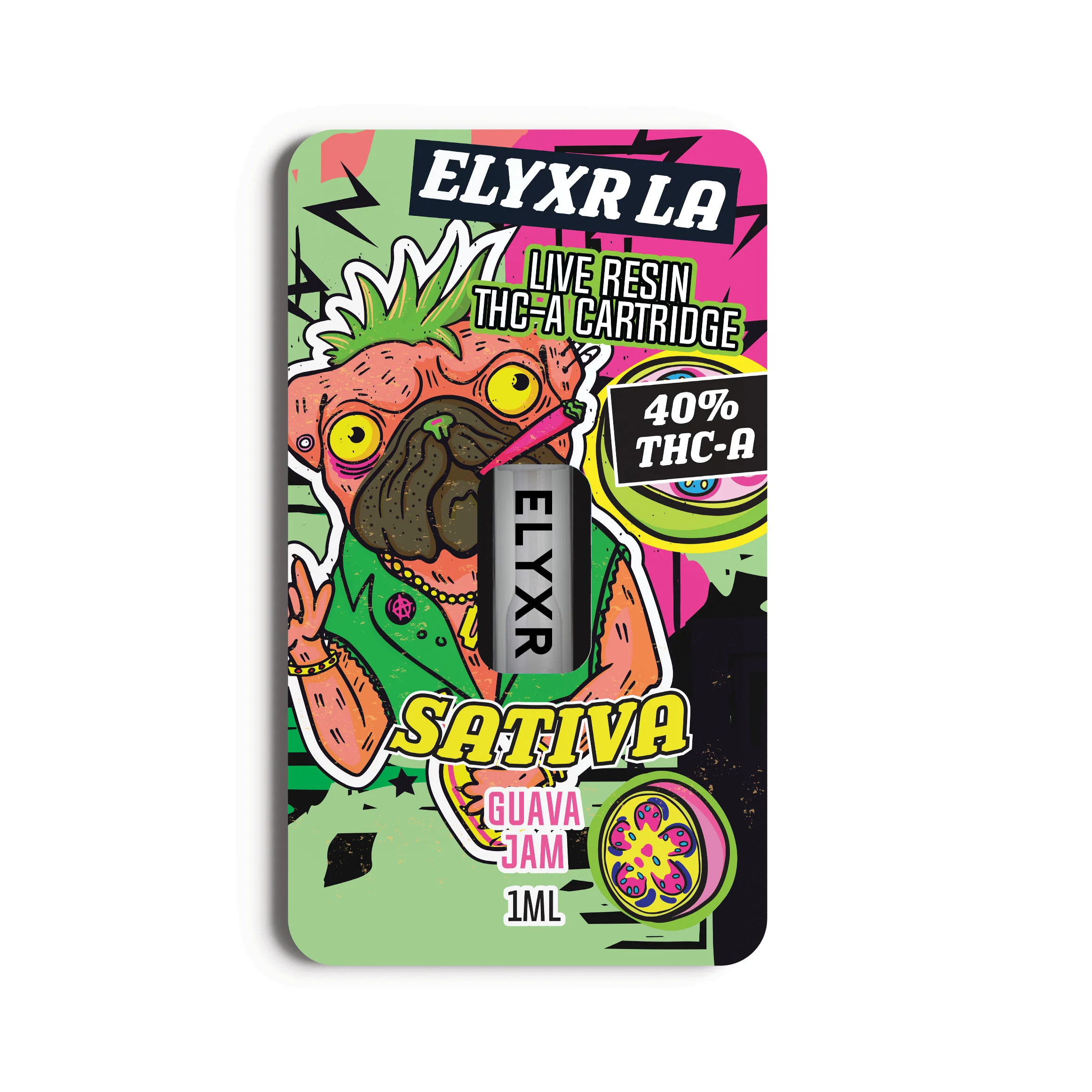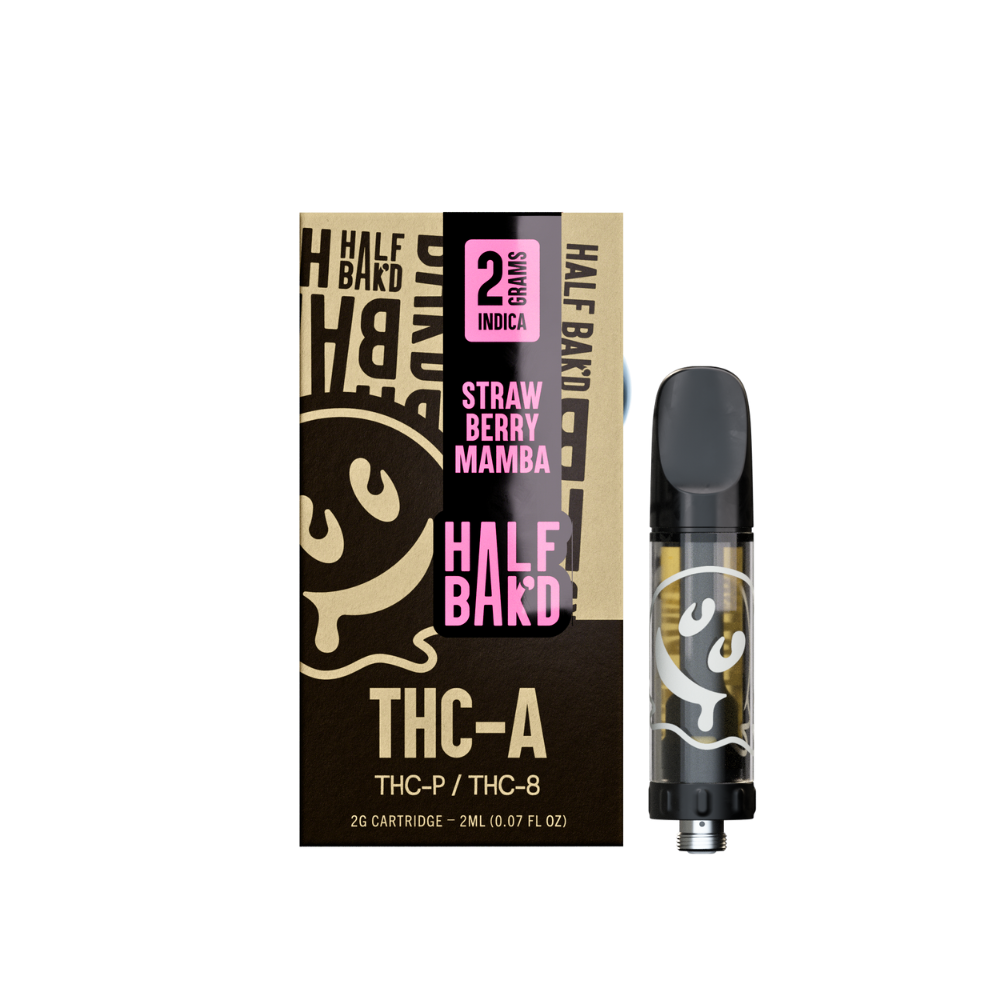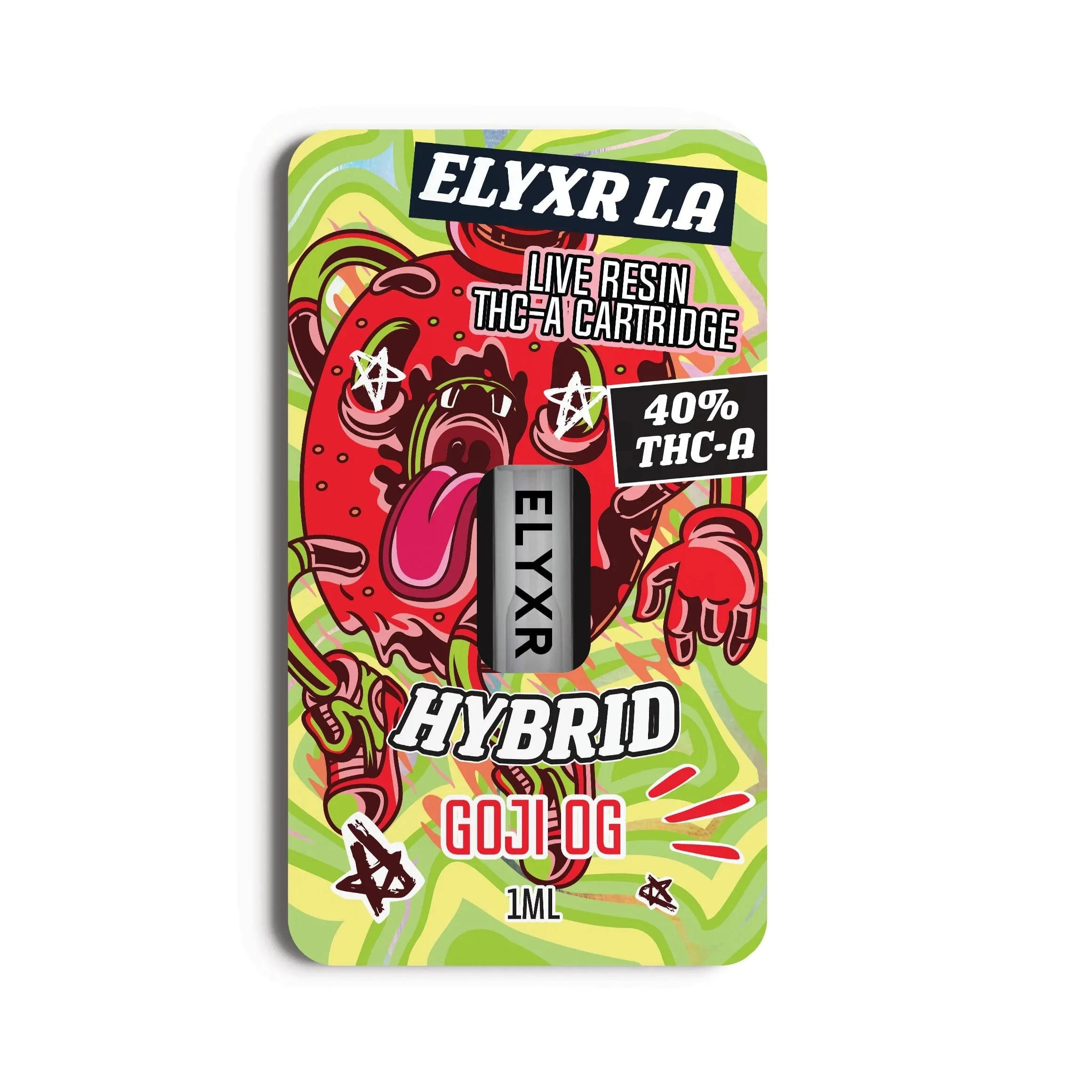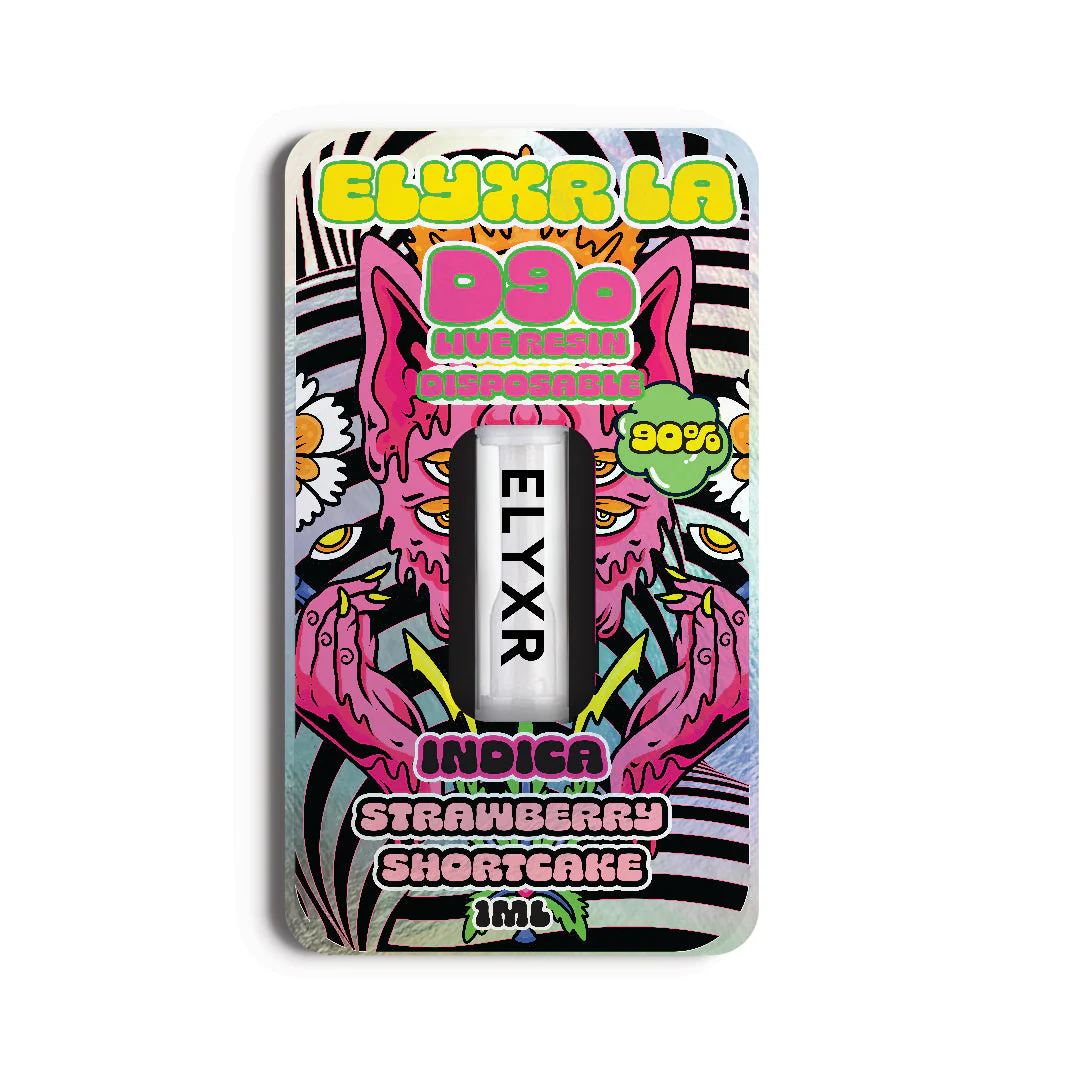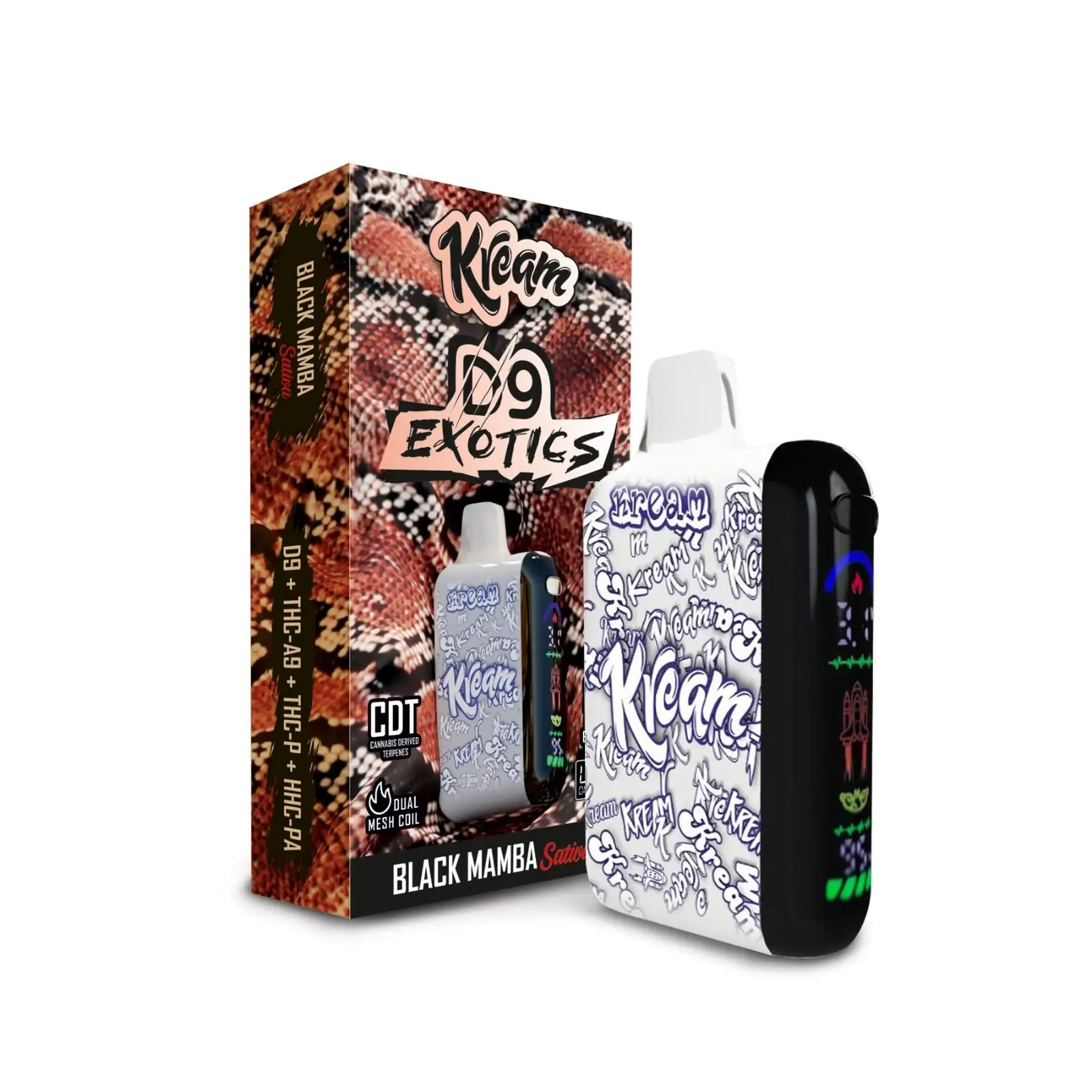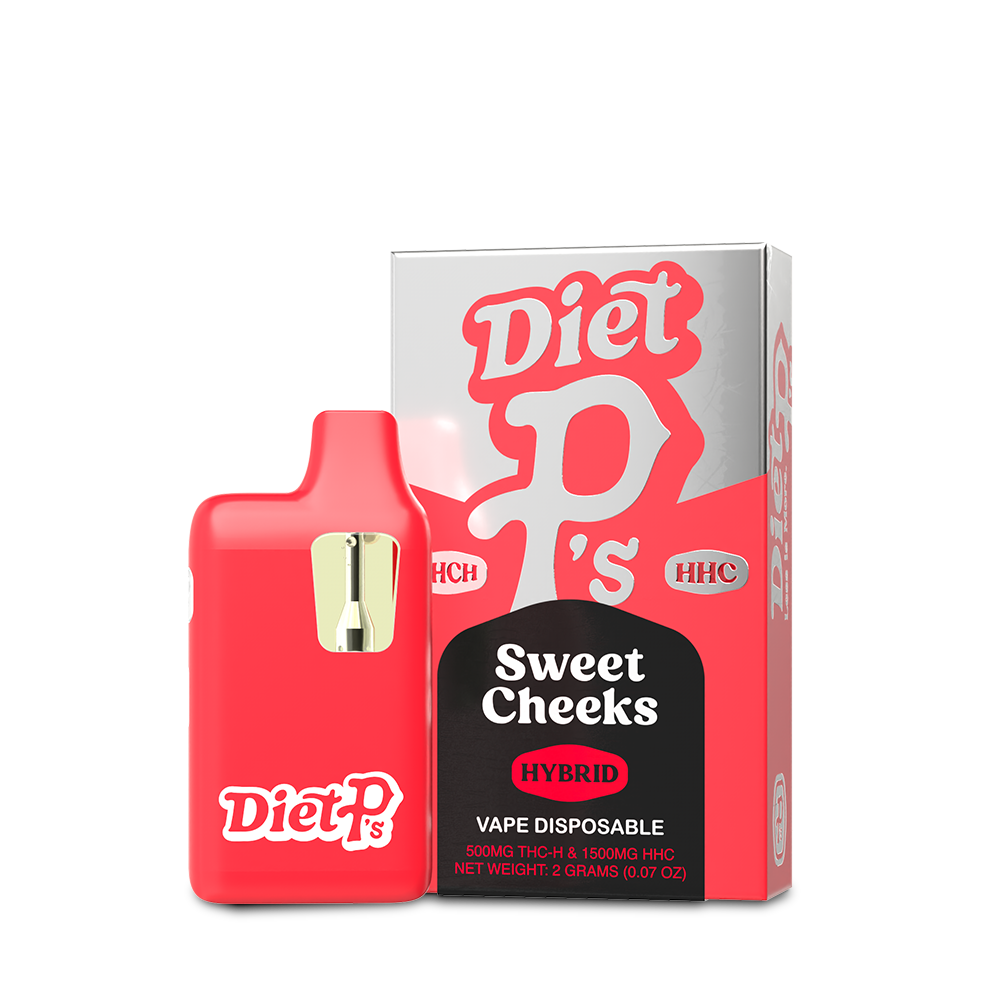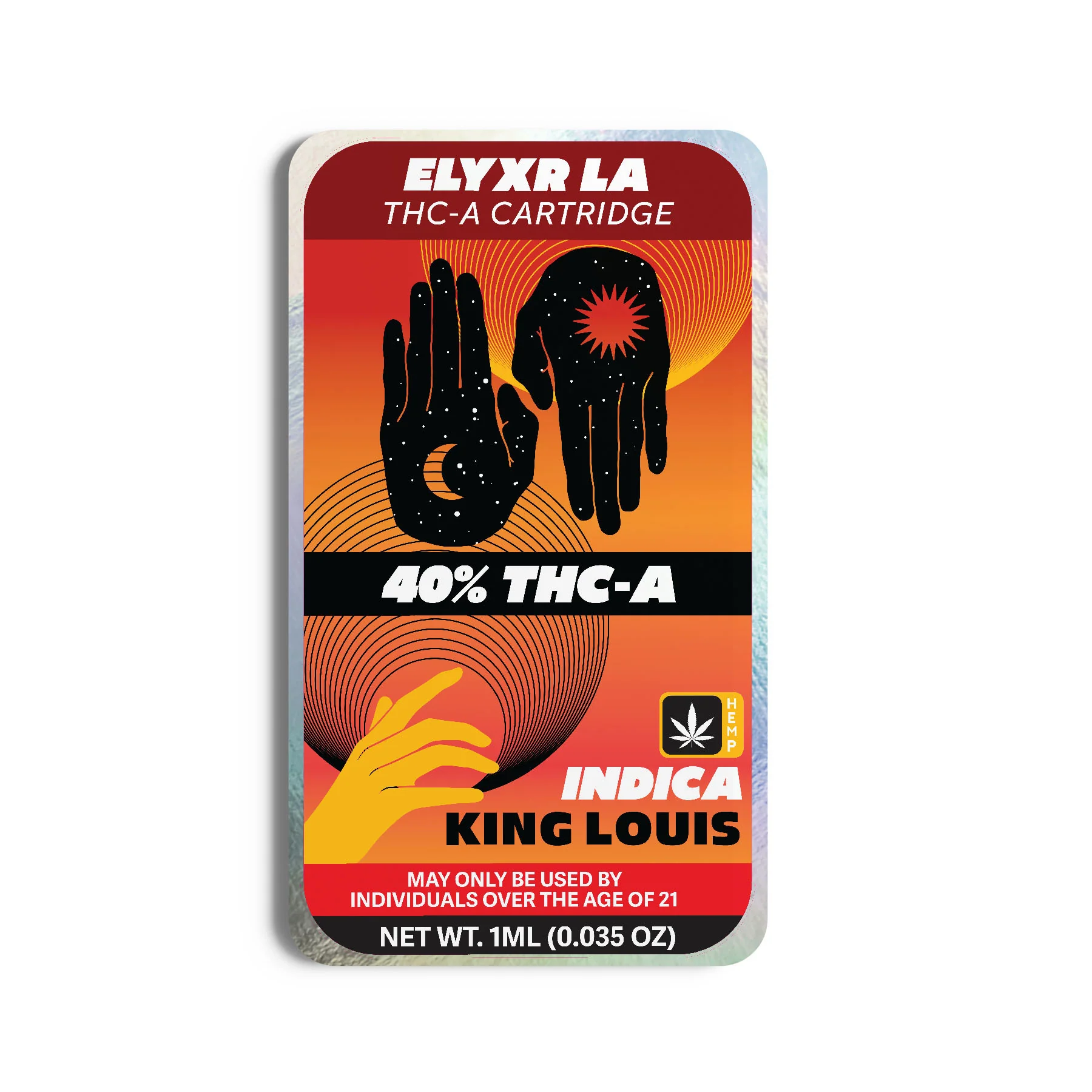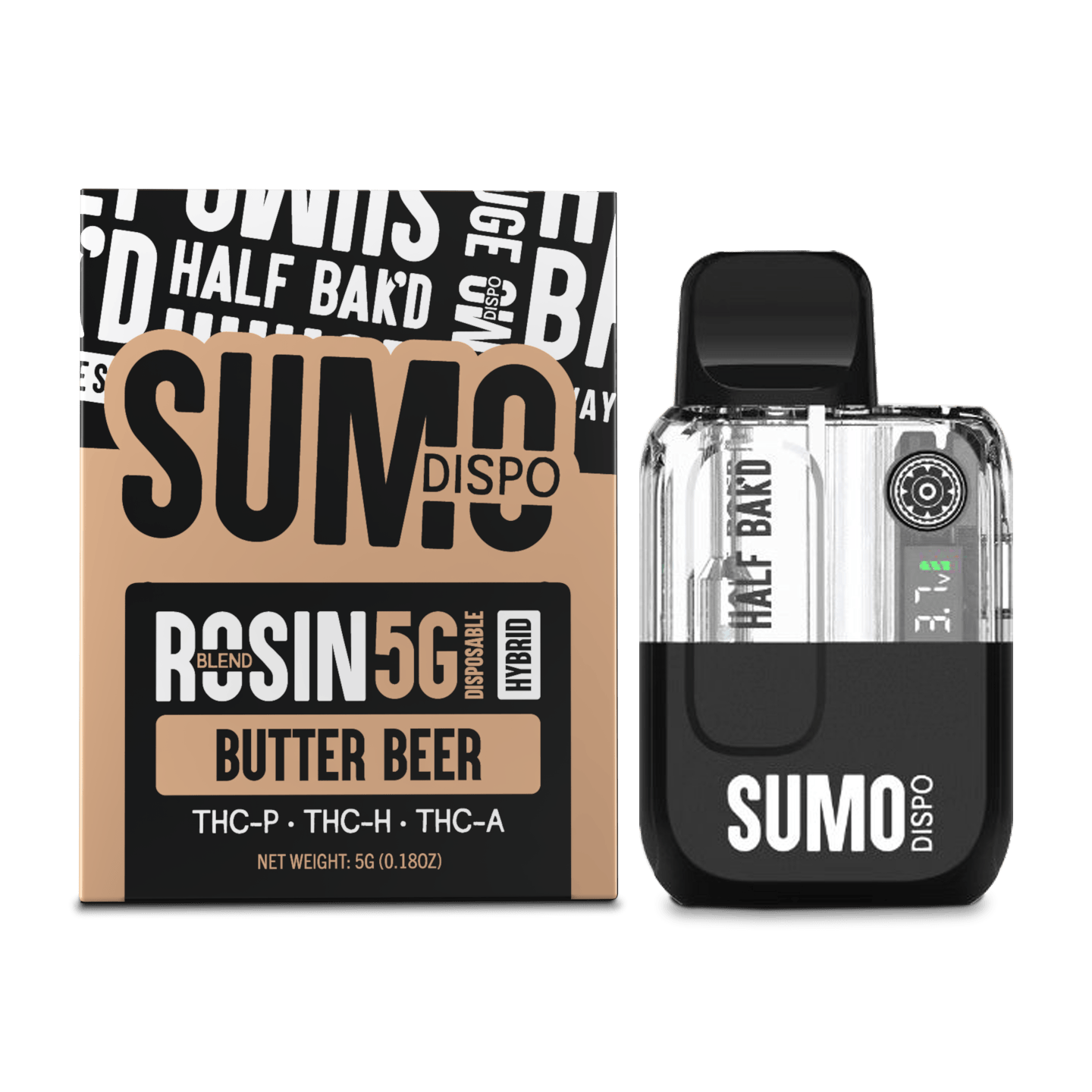If you’ve been exploring the world of hemp products and rare cannabinoids, you may have come across a name that’s been gaining attention: THCh. But what exactly is this lesser-known cannabinoid, and how does it compare to delta 9 THC, the primary psychoactive compound in marijuana? In this article, we’ll answer the burning question: what is THCh, dive into its psychoactive properties, explore its potential therapeutic benefits, and examine its legal status for both medical and recreational use.
As a brand new cannabinoid, THCh is part of the growing list of hemp-derived cannabinoids that are attracting curiosity from experienced users and researchers alike. Its molecular structure shares similarities with delta 9 THC, but subtle differences in the chemical structure result in distinct properties and intense effects. While preliminary findings are promising, THCh is still in the early stages of study, and anecdotal reports from many users are often the first window into understanding its effects of THCh on the human body.
What Does THCh Stand For?
THCh is short for Tetrahydrocannabihexol, a synthetic cannabinoid that also occurs naturally in trace amounts in the cannabis plant. Like other minor cannabinoids, it is structurally similar to delta 9 THC, with a five carbon chain extended to a seven carbon side chain, giving it enhanced potency in some applications.
The molecular structure of THCh is fascinating because it allows the compound to interact with the body’s endocannabinoid system in ways that THC p and other cannabinoids do not. This interaction is responsible for THCh psychoactive effects, including intense effects, fast-acting effects, and potential therapeutic benefits such as pain relief and anti-inflammatory properties.
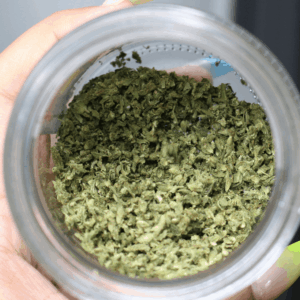
Comparing THCh to Traditional THC
One of the first questions people ask is: how does THCh differ from delta 9 THC? Both are psychoactive compounds, but there are notable differences in relative potency, psychoactive effects, and potential benefits THCh offers.
- Potency: THCh appears to have greater binding affinity for cannabinoid receptors, which may result in more intense effects even at small doses.
- Psychoactive effects: Users often report intense euphoria and regulating mood benefits, but some find it less anxiety-inducing than delta 9 THC.
- Therapeutic potential: Preliminary evidence suggests THCh may offer pain management, chronic pain relief, and potential anti-inflammatory properties.
This comparison is part of the reason THCh is being explored in medical conditions where cannabinoids interact with the human body to regulate mood, pain, and inflammation.
How THCh Works in the Body
To understand what is THCh, it’s important to look at how it interacts with the endocannabinoid system. Like other cannabinoids, THCh binds to cannabinoid receptors, primarily CB1 and CB2 receptors, which are located throughout the central nervous system and peripheral organs.
- CB1 receptors: These are abundant in the brain and are responsible for psychoactive effects such as enhanced mood, mental clarity, and intense effects.
- CB2 receptors: Located primarily in the immune system, these receptors may mediate pain relief, anti-inflammatory effects, and neuroprotective properties.
Because THCh has a longer carbon side chain than delta 9 THC, it may bind more strongly to cannabinoid receptors, resulting in THCh psychoactive effects that are reported to be fast-acting and potent, though effects can vary depending on personal tolerance.
Reported Effects of THCh
The effects of THCh are a mix of psychoactive and physical benefits. While research is still in its early stages, anecdotal evidence and many users reports suggest the following:
- Intense euphoria: Users report a highly intoxicating effect that is stronger than delta 9 THC in some cases.
- Relaxation and mood regulation: THCh may help with stress relief and regulating mood.
- Pain relief: Many users find THCh offers relief from chronic pain or muscle tension.
- Enhanced sensory perception: Some describe heightened sensory experience without overwhelming psychoactive properties.
Because THCh is potent, it’s recommended to start with small doses, especially for those unfamiliar with minor cannabinoids or THC H products. Effects of THCh can vary widely based on body chemistry, dose, and method of administration.
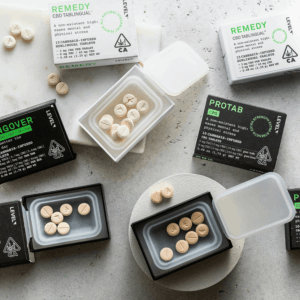
Potential Therapeutic Benefits
THCh is attracting attention in the cannabis research community due to its potential benefits. While clinical studies are limited, preliminary findings and anecdotal evidence suggest the following therapeutic benefits:
- Pain management: Effective for chronic pain and muscle soreness.
- Anti-inflammatory properties: May help reduce inflammation in medical conditions like arthritis.
- Neuroprotective effects: Early research suggests potential neuroprotective properties, though more studies are needed.
- Mood regulation: Users report enhanced mood and mental clarity.
Some researchers are exploring THCh as a candidate for medical or recreational use, noting its fast-acting effects and psychoactive properties. Like other hemp-derived cannabinoids, THCh may eventually find a place in pain management, anxiety relief, and even neuroprotective therapies.
Risks and Safety Considerations
Despite its potential, THCh safe use requires caution. As a psychoactive compound, THCh can produce adverse effects in certain users. Potential risks include:
- Anxiety or paranoia in sensitive individuals
- Dizziness or nausea at higher doses
- Intense psychoactive effects that may be overwhelming for novice users
- Possible interactions with other cannabinoids or pharmaceutical drugs
It’s important to use THCh products responsibly. Look for lab-tested THCh distillate, THCh vape cartridges, or THC H edibles from reputable manufacturers. Because THCh is a rare cannabinoid and brand new cannabinoid in the market, legal standards, federal regulations, and local laws should always be considered.
THCh Legal Status
The legal status of THCh is still evolving. Unlike delta 9 THC, which is regulated under the Controlled Substances Act, THCh is a hemp-derived product and may be legally sold under certain conditions, depending on:
- Federal regulations regarding hemp products
- THCh legal considerations in your state or region
- Compliance with local laws regarding controlled substances
It’s important to note that THCh legal status can vary significantly, and users should always confirm legal considerations before purchasing THCh products for medical or recreational use.
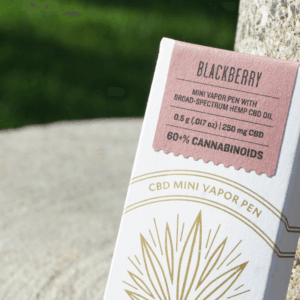
How to Consume THCh
THCh can be consumed in several forms, each offering different onset times and potency levels:
- THCh vape: Fast-acting, suitable for experienced users, and allows precise dosing.
- THC H edibles: Longer-lasting effects, but slower onset. Start with small amounts to gauge personal tolerance.
- Sublingual administration: THCh tinctures absorbed under the tongue for fast-acting effects.
- THCh distillate: Can be added to hemp products or used in home formulations.
Tips for safe consumption:
- Begin with small doses, especially if you are new to cannabinoids like THCh.
- Ensure lab testing to confirm chemical structure and purity.
- Monitor personal tolerance and adjust accordingly.
- Avoid mixing with other cannabinoids or drugs without guidance.
Conclusion and Final Thoughts on THCh
So, what is THCh, and why is it generating so much interest? THCh is a rare, naturally occurring cannabinoid with psychoactive properties and potential therapeutic benefits. Structurally similar to delta 9 THC, it offers intense effects, fast-acting euphoria, and potential pain relief, anti-inflammatory properties, and even neuroprotective effects.
THCh products such as vapes, edibles, and distillates allow users to experience these effects of THCh, but responsible consumption is crucial. Starting with small doses, choosing lab-tested hemp-derived products, and respecting legal standards are key for safe use.
While research is in the early stages, anecdotal evidence suggests THCh may offer unique therapeutic benefits not found in other minor cannabinoids. Whether you are an experienced user or a curious newcomer, understanding THCh safe use, relative potency, and legal considerations ensures a positive experience with this brand new cannabinoid.
In final thoughts THCh, it represents a fascinating addition to the cannabis plant’s complex chemistry, expanding our understanding of cannabinoids interact with the human body. As cannabis research continues, we may see THCh taking a meaningful role in pain management, mood regulation, and medical applications, making it one of the most intriguing hemp-derived cannabinoids on the market today.
Frequently Asked Questions
1. Will THCH get you high?
Yes, THCh is a psychoactive compound, meaning it can produce intoxicating effects similar to delta 9 THC. Users often report intense euphoria, enhanced mood, and fast-acting effects. However, because THCh is a rare cannabinoid and potent, effects vary depending on personal tolerance, dose, and the form of THCh products consumed, such as vapes, edibles, or distillates.
2. What is THCH and what does it do?
THCh, or Tetrahydrocannabihexol, is a lesser-known cannabinoid found in the cannabis plant. It is structurally similar to delta 9 THC but with a seven carbon side chain, which may enhance psychoactive effects and binding affinity to cannabinoid receptors. THCh can provide intense effects, pain relief, anti-inflammatory properties, and enhanced mood, making it a promising option for both medical and recreational use.
3. How potent is THCH?
THCh is considered one of the more potent cannabinoids due to its longer carbon side chain compared to delta 9 THC. Many users report strong psychoactive effects, even at small doses, making it important to start low and monitor personal tolerance. Its relative potency also contributes to fast-acting effects, enhanced sensory perception, and therapeutic potential in areas like pain management and mood regulation.
4. Is THCH stronger than THCP?
While both THCh and THCP are rare cannabinoids with potent psychoactive properties, THCP is generally considered more potent due to its seven carbon side chain and stronger binding affinity for cannabinoid receptors. THCh offers intense effects and enhanced mood, but THCP products may deliver a stronger, longer-lasting high. Users often choose between the two based on desired potency, tolerance levels, and specific effects they are seeking.




